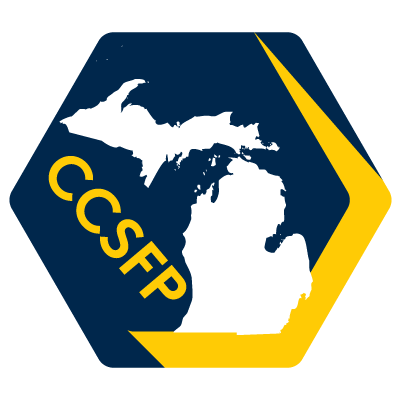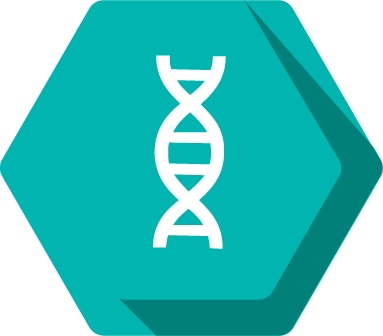Deidre Mitchell

Pronouns: She/Her/Hers
UROP Fellowship: CCSFP, Grand Rapids Community College
Research Mentor(s): André Green II, PhD
Research Mentor Institution/Department: College of Literature, Science, and the Arts, Department of Ecology and Evolutionary Biology
Presentation Date: Wednesday, August 4th
Session: Session 3 (5pm-6:20pm EDT)
Breakout Room: Room 3
Presenter: 8
Abstract
The migration phenomena of monarch butterflies (Danaus plexippus) are quite unique in comparison to many other migrating species. Recent population decline in monarchs requires a strong understanding of their physiology and behavior. Monarchs represent different populations, e.g., migratory, and non-migratory. We are interested in the hormonal and genetic regulations of these phenotypes and behaviors. The juvenile hormone (JH) is a key factor in regulating the growth, physiology, and behavior of the insect. JH is the primitive and sub-social in insects with gonadotropin nature, whereas its functions in eusocial insects, has changed to regulate the division of labor and task assignment. The JH of monarch is gonadotropin primarily but also has other adult life functions, e.g., diapause. To obtain validated direct links of JH in relation to other life traits e.g., migration. we plan on establishing a protocol for chemical manipulation of JH levels. For this, we plan to treat butterflies with Precocenes which are an allatoxin that can kill the only known insect JH synthesis gland Corpora allata (CA). In order to validate these chemical manipulations protocols, Precocene I (PI) and methoprene (JH analogue) are treated in female butterflies reproducing and substituting the JH levels in groups, respectively. The parallel groups are created with a sham (vehicle control) and a control (no-treatment group). Methoprene (MET), Krupple-homologue (Kr-h1), and vitellogenin (Vg), JH signaling genes, will be profiled for their expression pattern. Efficiently measuring the expression of these genes at different times after drug therapy will allow us to verify and visualize the efficiency and of the JH signaling system in response to treatment. Furthermore, these findings will enable us to correlate and analysis other behavioral data relating to monarch reproduction and migration. We believe that the findings of this project will enable us to understand the molecular tool-kit of JH signaling related to reproduction, physiology, and behavior.
Authors: Deidre D. Mitchell, Atul Pandey, Delbert A. Green II
Research Method: Laboratory Research with Animals








